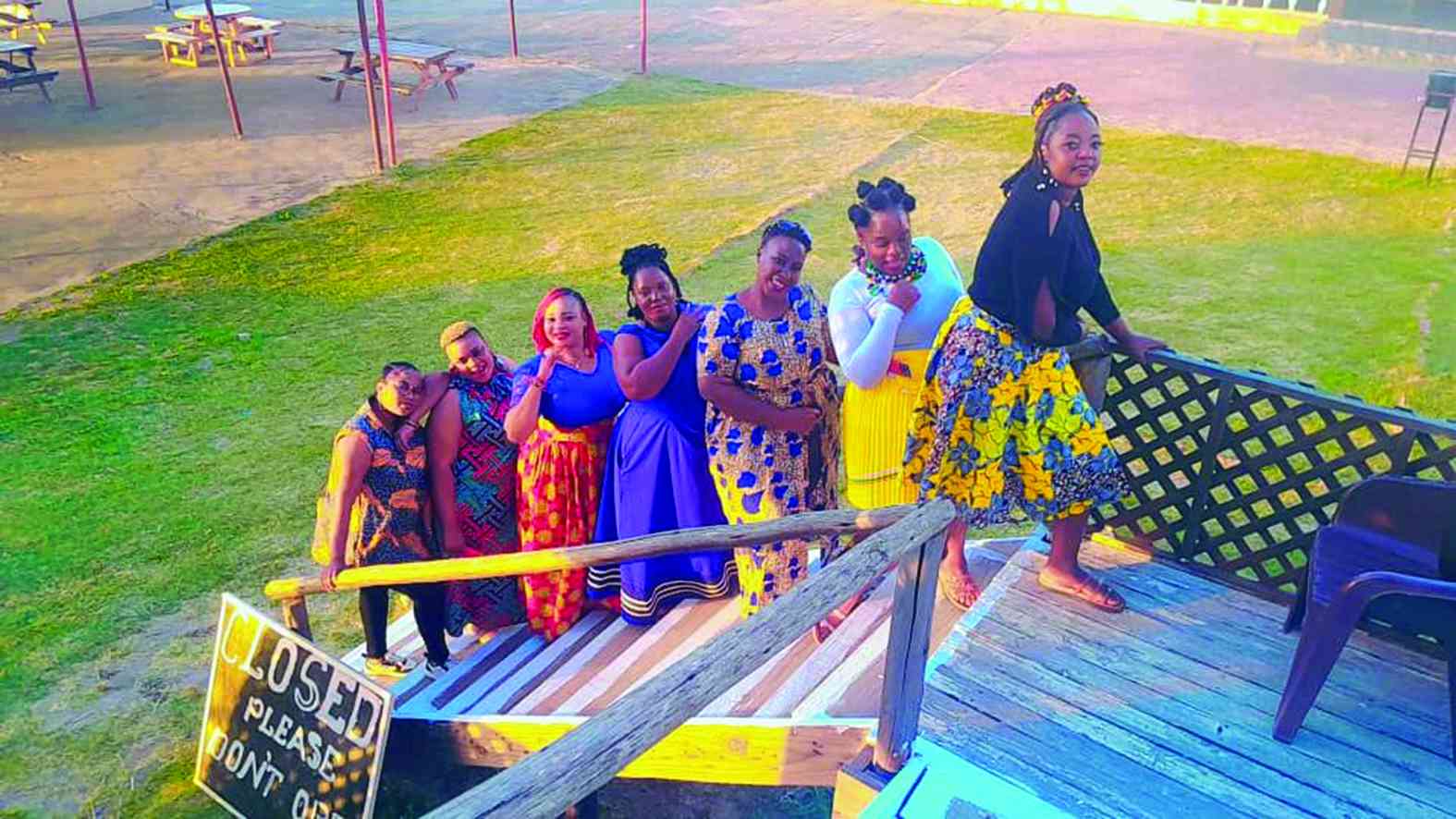A CHOLERA scare has hit some parts of Harare amid reports that more than 900 people in Mabvuku high-density suburb were affected by a suspected cholera-related diarrhoea last week after consuming dirty water. MOSES MATENGA/FELUNA NLEYA
Similar cases of diarrhoea have also been reported in Chitungwiza, Highfield and other high-density areas.
The reports came as residents told Parliament on Tuesday that they had resorted to the bucket system as there was no running water in most suburbs.
Combined Harare Residents’ Association (CHRA) said more than 900 people had been taken ill due to diarrhoea in Mabvuku amid fears that the outbreak could spread to other parts of the capital city.
“This was revealed from our community monitoring report for the week ending Saturday June 21, by our ward co-ordinators. Mabvuku Poly Clinic recorded 530 cases with Mabvuku Satellite Clinic recording 372 patients by midday Thursday last week and the situation indicates that more people are still trickling to the health centres for medical check-ups,” CHRA said.
“A quick survey conducted revealed that the outbreak emanates from the inefficient supply of clean water and the use of unprotected water sources by residents. Residents suspect that the outbreak emerged after municipal water supply resumed last week in areas that had not been receiving municipal water for more than eight months which could be attributed to rusting infrastructure.”
Keep Reading
- Chamisa under fire over US$120K donation
- Mavhunga puts DeMbare into Chibuku quarterfinals
- Pension funds bet on Cabora Bassa oilfields
- Councils defy govt fire tender directive
Speaking before a Parliamentary Portfolio Committee on Local Government on Tuesday, members of the Harare Residents’ Trust (HRT) told MPs this week that most residents were now using the bucket system, while others in the majority were defecating in plastic bags which they later dumped at council dumpsites.
Chitungwiza resident Christine Changaire said: “We don’t have working toilets in Chitungwiza. Sewage blocks daily, the pipes are worn out and people take water from contaminated sources. People excrete in plastics and throw them away.”
She added: “Children just play their street soccer and when it lands in the sewage, they just pick it up and continue playing as if nothing happened. Others use buckets, if we are supposed to be real people, we need respect. There is no health to talk about in Chitungwiza, it’s just sewage flowing all over.”
Passmore Masanga of Old Tafara also said they last had running water 15 years ago.
“People are in serious trouble. Some people, most of them six or seven live in single quarters and this is not healthy at all in a place without water. People are building houses along a stream at Caledonia Farm and it has since dried up,” Masanga said.
Addressing guests during the belated commemorations of World Environment Day in Harare yesterday, University of Zimbabwe lecturer Professor Christopher Magadza said water sourced from Lake Chivero was unfit for human consumption.
Council spokesperson Leslie Gwindi was not available for comment, while Health director Prosper Chonzi was not picking up calls.





